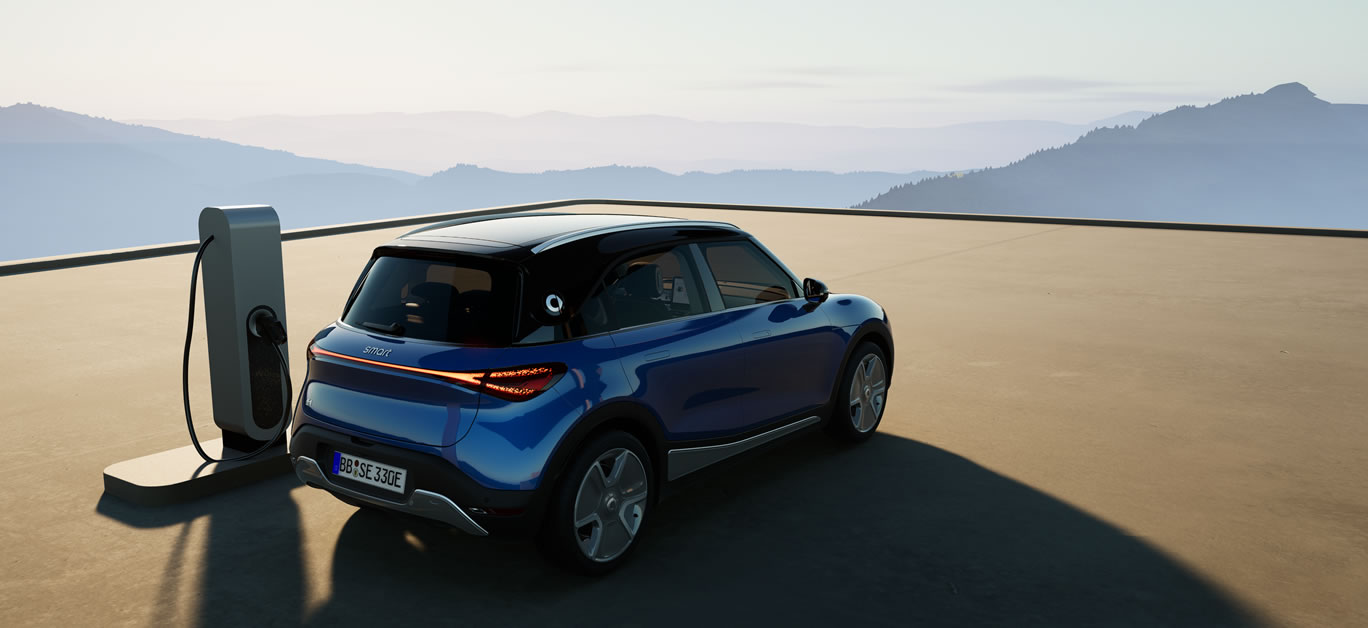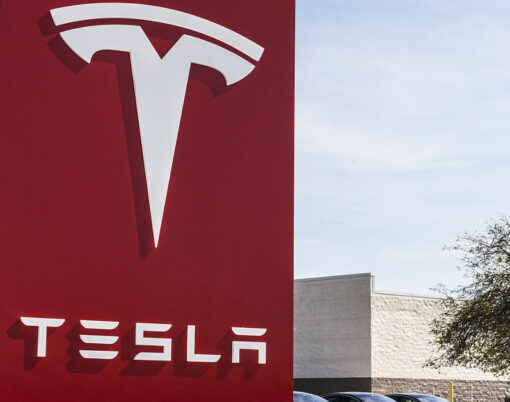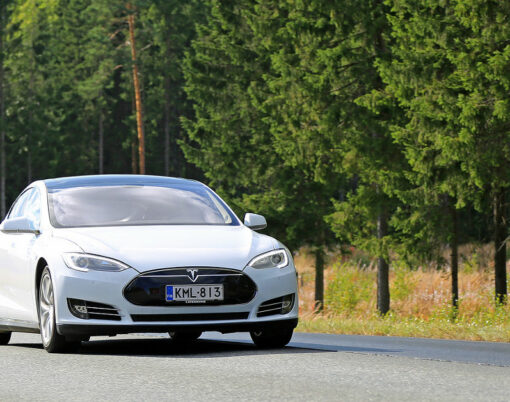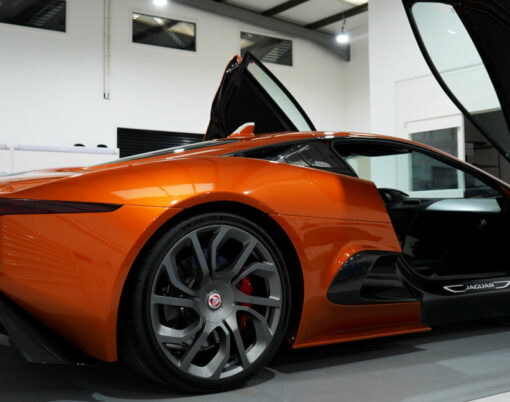The world has undergone a dramatic shift in recent years, and as environmental concerns intensify and climate change remains a pressing topic around the world, the need to reduce our carbon footprints, cut down on unnecessary waste and take better care of our planet is more apparent than ever before. We’ve already made some notable strides – both personally, and as a result of ambitious government targets to dramatically cut the nation’s carbon emissions by 2030. But it’s clear there’s still a long way to go, and with just seven years left until the deadline, it’s now or never.
From renewable energy sources to eco-conscious manufacturing, transformative change is needed to preserve our planet for future generations – and one of the industries that is currently paving the way is the automotive industry, through the introduction of electric vehicles. While traditional internal combustion engines are one of the key contributors to air pollution and climate change, cars, vans and trucks powered by electricity have the power to completely eliminate this, signalling a significant paradigm shift when it comes to how we approach transportation.
Currently, there isn’t sufficient infrastructure in place across the UK to support a complete switch over to electric vehicles – but we’re moving in the right direction. The government is working to install a network or charging points across the country, and workplaces are also being encouraged to install them for staff to make use of. Previously, grants were being offered to individuals for swapping to electric vehicles, although these have since been withdrawn. However, the Office for Zero Emission Vehicles (OZEV) is still offering the Plug-in Car Grant (PICG), which offers a discount to anyone purchasing a brand new, low-emissions car, as well as the Electric Vehicle Homecharge Scheme (EVHS), which is a grant contributing to the cost of charging point installation at individuals’ homes.
It’s obvious to most that the move towards electric vehicles is not just needed, but has been a long time coming. However, many people overlook the fact that electric driving comes with a raft of benefits besides just knowing you’re doing your bit to support the environment.
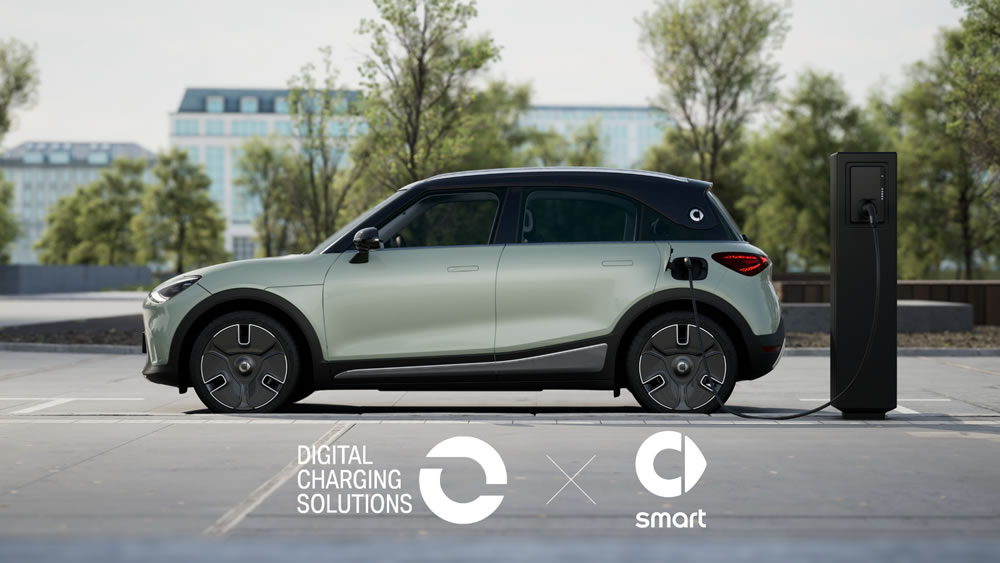
Advantages of electric driving
1. Environmental sustainability and reduced emissions
Electric vehicles are power-driven by electricity, making them eco-friendly alternatives to gasoline-powered cars. EVs play a key role in reducing greenhouse gasses, reduction in air pollution, and combating climate change, with zero carbon emissions, which means making the switch to electric driving will contribute to a greener and cleaner planet for future generations.
2. Cost savings in the long run
The cost of an electric vehicle may be higher than that of a traditional car upfront, but EV holders can enjoy significant cost savings in the long run. Electric vehicles come with lower maintenance and operating costs, have fewer moving parts, and do not need regular oil changes – plus, with government incentives and reduced charging rates, the overall cost of owning an electric vehicle becomes lower over time.
3. Enhanced driving experience
Electric vehicles offer a smooth and soundless driving experience. Plus, electric motors provide instant torque for quick speeding up and responsive handling, and the absence of engine noise adds to the serene environment inside the vehicle, providing a more enjoyable driving experience.
4. Energy efficiency and regenerative braking
Electric vehicles are highly energy efficient when compared to gasoline vehicles, and convert a large percentage of the grid energy to power the vehicle, thus minimising energy waste. Not only that, but EVs also employ regenerative braking technology, which recaptures and stores energy during deceleration and further optimises efficiency by extending the vehicle’s range.

5. Access to HOV lanes and incentives
Many regions and cities offer special perks and incentives to electric vehicle owners. These include access to high-occupancy vehicle (HOV) lanes, reduced toll rates, and free parking in designated areas – benefits that encourage eco-conscious driving, reduce traffic congestion and improve overall mobility.
6. Reduced noise pollution
Electric vehicles are quieter than traditional cars, subsidising a reduction in noise pollution in urban areas – and their quieter operation can lead to more peaceful and a better quality of life for residents.
7. Lower dependence on fossil fuels
By shifting to electric driving, societies can reduce their dependence on fossil fuels, which are finite resources. As the world moves towards a more ecological energy future, electric vehicles play a central role in promoting energy variation and reducing dependence on non-renewable resources.
Connecting smart technology and electric driving
As technology advances, the automotive industry is seeing a revolution in smart mobility. Smart technology seamlessly integrates with electric vehicles, further enhancing their advantages and improving the driving experience.
Smart tech enables intelligent energy management in EVs, optimising usage for better efficiency and range, and connectivity and IoT integration offer real-time updates, remote monitoring, and OTA software updates.
Smart EVs drive the development of autonomous vehicles, improving road safety and traffic flow – and, thanks to advanced safety features like lane-keeping assist and automatic braking, driving safety has also been enhanced in electric cars, vans and trucks.

In recent years, we’ve also seen the introduction of predictive maintenance systems, which alerts drivers to maintenance needs ahead of time, ensuring optimal performance can be maintained and that any issues can be addressed early, before they become major problems.
Together, these innovations have seen electric vehicles not just match the tech offerings of the high-end car brands we know and love, but at times, even exceed them. So, if you’re worried you’d have to compromise on all the latest bells and whistles if you make the switch, then there’s no need.
The future of smart and electric driving
There is a great deal of promise in smart and electric driving. As technology progresses, we can expect even more integration between smart features and electric vehicles, with the automotive industry on the edge of transformative changes that will redefine mobility as we know it.
The number of electric vehicles available, as well as the number of those already on the road, is gradually increasing, and thanks to smart tech advancements, the driving experience is set to become safer, better-organised, and more enjoyable all round.
While governments – including the UK’s – are already pushing for a more widespread change to electric vehicles, it’s a slow process, and we still need manufacturers and consumers to open their minds a little further before we can expect to see combustible engines well and truly become a thing of the past. But once that happens, a greener, smarter, and more connected future is on the horizon – which can only be a good thing, and won’t come a moment too soon.












